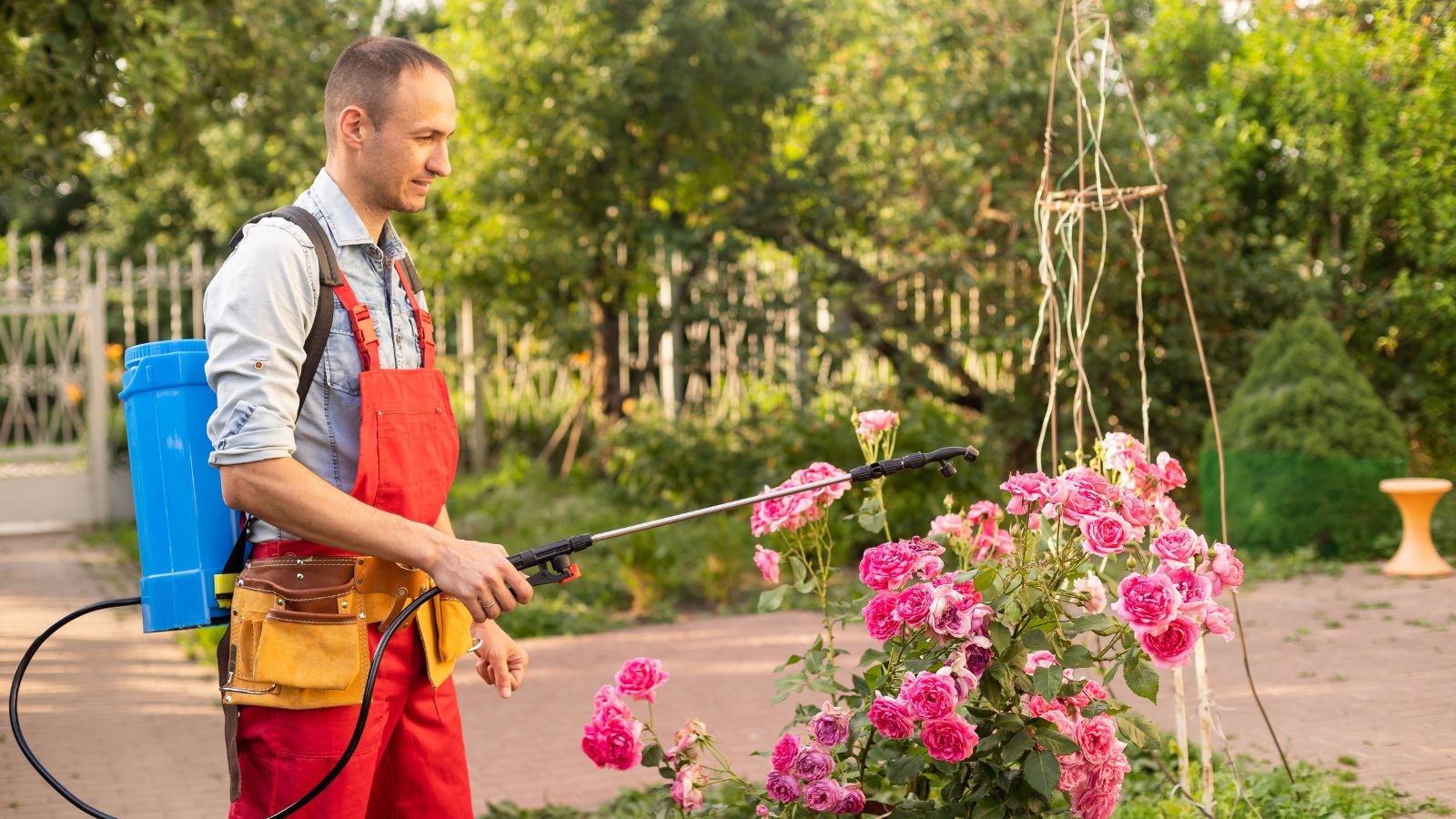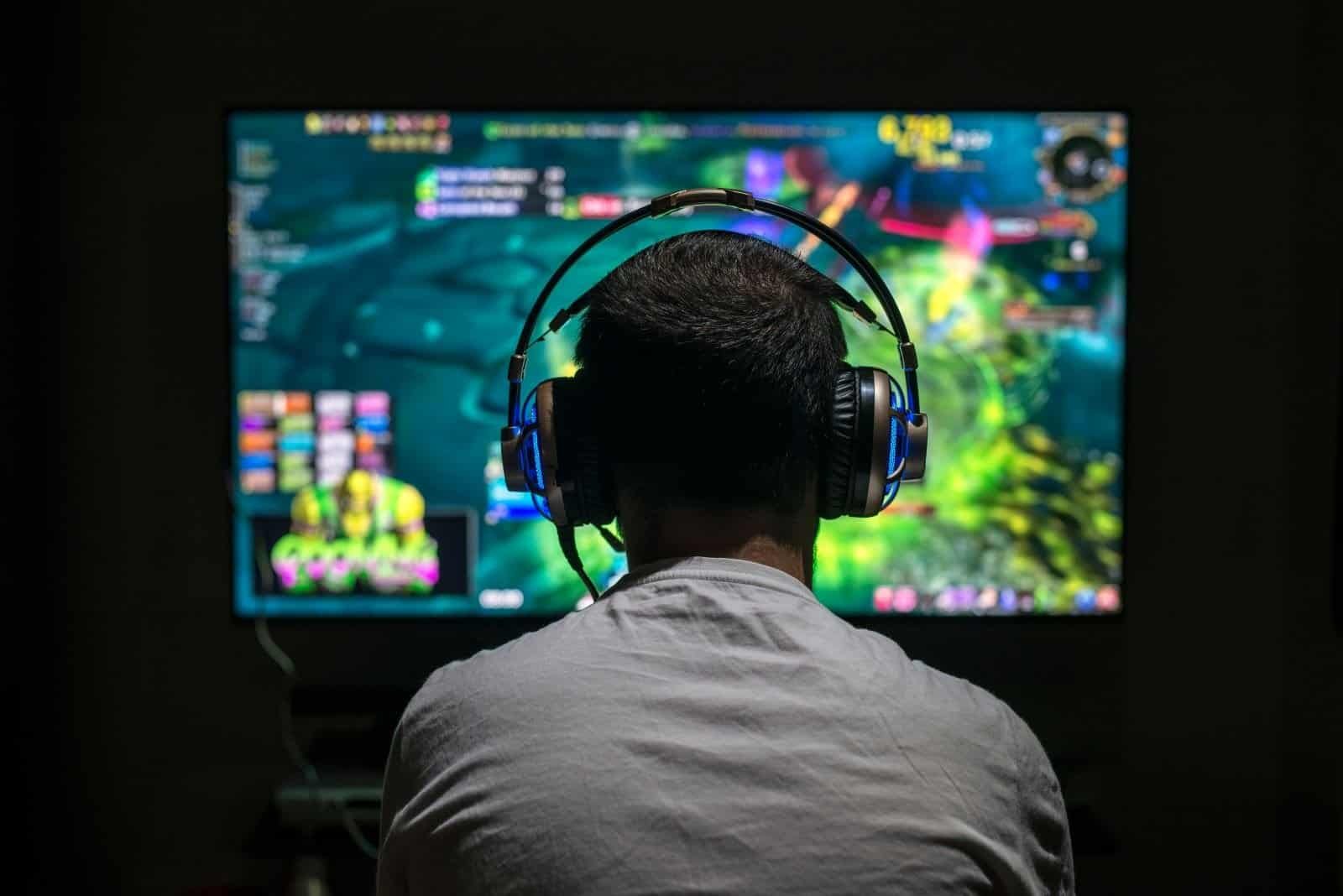In recent years, there has been a significant shift in societal attitudes towards masculinity. Traditional stereotypes of what it means to be a man are being challenged, and men are increasingly embracing a more diverse and inclusive understanding of masculinity. As a result, certain activities that were once considered inherently “masculine” are being reexamined, and many modern men are actively choosing to avoid them.
Heavy Drinking

The image of the hard-drinking, party-loving man has long been glamorized in popular culture. However, many modern men are eschewing excessive alcohol consumption in favor of healthier lifestyle choices. They recognize the negative impact that heavy drinking can have on their physical and mental well-being and are opting for moderation or abstention instead.
Aggressive Sports

While competitive sports have always been a popular pastime for men, there is a growing awareness of the dangers of overly aggressive and violent sports. Modern men are increasingly gravitating towards sports that prioritize teamwork, skill, and sportsmanship over brute force and aggression.
Suppressing Emotions

Traditional notions of masculinity often dictate that men should be stoic and unemotional. However, many modern men are challenging this idea and embracing vulnerability and emotional expression. They understand the importance of mental health and are not afraid to seek support when needed.
Avoiding Self-Care

The idea that men should be challenging and self-reliant has historically discouraged them from prioritizing self-care. However, modern men recognize the importance of taking care of their physical and mental health. They are investing time and effort into activities like skincare, meditation, and therapy to maintain their well-being.
Solitary Hobbies

While activities like hunting, fishing, and working on cars have traditionally been associated with masculinity, many modern men are seeking out more inclusive and community-oriented hobbies. They are joining clubs, volunteering, and pursuing creative interests that allow them to connect with others and broaden their horizons.
Emotional Well-Being

Men often feel pressured to appear stoic and unemotional in public. It is seen as a sign of maturity and strength. However, this expectation can be deceptive and harmful. Men should be free to express their emotions openly without fearing judgment or prejudice.
Physical Work Expectations

Historically, there’s been an expectation for men to engage in physically demanding jobs to support their families. While fulfilling responsibilities is important, men shouldn’t feel pressured to demonstrate their masculinity through strenuous labor. Nowadays, there are numerous job opportunities that are less physically demanding and equally valuable.
Health Transparency Among Men

Encouraging openness about physical, mental, and emotional health is vital, particularly for men. Outdated ideals linking strength with stoicism persist, discouraging many men from seeking support or discussing health issues. Promoting transparency around health fosters a healthier masculinity culture and enhances overall psychological well-being.
Lawn Care

The physical demands and time commitments of lawn maintenance can dissuade some men from taking on this task. For many, the exertion and time investment required may outweigh the appeal of a well-kept lawn. Additionally, the acquisition and operation of lawn equipment may present obstacles for those less familiar with outdoor work.
Redefining Gender Roles

As societal norms evolve, traditional gender roles are being challenged, allowing men to engage in caregiving and household duties traditionally assigned to women. This shift reflects a broader movement towards breaking down rigid gender stereotypes and embracing diverse expressions of masculinity.
Empathy and Understanding

Historically, certain groups, particularly white men, have been distant from diversity and inclusion efforts, reinforcing the expectation that marginalized groups should conform to dominant cultural norms. Actively seeking to understand the experiences of others and educating oneself through various mediums can help dismantle stereotypes and uncover unconscious biases.
Video Gaming

While video gaming has often been associated with masculinity, modern men are recognizing that gaming preferences do not define their masculinity. Instead, they prioritize activities aligned with their interests and values, challenging traditional notions of masculinity tied to specific leisure activities.
Sports Fandom

While many men enjoy sports events for the camaraderie and competition, the controversies and arguments often associated with sports fandom can deter some individuals. It’s essential to recognize that not all men are interested in sports and to avoid imposing narrow expectations of masculinity that prioritize toughness over individual interests and emotions.
Rigid Work Schedules

The misconception that only mothers seek flexibility at work persists. Men, regardless of marital status or parental status, also value flexibility in their work schedules. However, many are hesitant to express this need due to fear of judgment or potential career repercussions. As male leaders, it’s crucial to advocate for and embrace flexible work options, setting a supportive tone for all employees.
Lack of Interest in Automobiles

Not all men share a passion for cars. Many have little interest in both working on and driving them, and some may not even own a vehicle. Various factors contribute to this disinterest, including a preference for alternative modes of transportation like walking, biking, or public transit. Concerns about environmental impact also play a role in the diminishing enthusiasm for automobiles.
